Related Research Articles
The Quiet Revolution refers to a significant period of socio-political and socio-cultural transformation in French Canada, particularly in Quebec, following the election of 1960. This period was marked by the secularization of the government, the establishment of a state-administered welfare state known as the état-providence, a shift in political alignment toward federalist and sovereigntist factions, and the eventual election of a pro-sovereignty provincial government in the 1976 election. While the Quiet Revolution is often associated with the efforts of the Liberal Party of Quebec's government led by Jean Lesage and, to some extent, Robert Bourassa, its profound impact has influenced the policies of most provincial governments since the early 1960s.
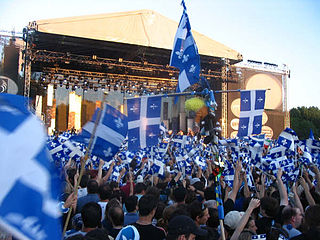
Quebec nationalism or Québécois nationalism is a feeling and a political doctrine that prioritizes cultural belonging to, the defence of the interests of, and the recognition of the political legitimacy of the Québécois nation, particularly its French Canadian population. It has been a movement and a central issue in Quebec politics since the beginning of the 19th century. Québécois nationalism has seen several political, ideological and partisan variations and incarnations over the years.

The culture of Quebec emerged over the last few hundred years, resulting predominantly from the shared history of the French-speaking North American majority in Quebec. Québécois culture, as a whole, constitutes all distinctive traits – spiritual, material, intellectual and affective – that characterize Québécois society. This term encompasses the arts, literature, institutions and traditions created by Québécois, as well as the collective beliefs, values and lifestyle of Québécois. It is a culture of the Western World.
This is an article about literature in Quebec.
Articles related to Quebec include:

Two Solitudes is a 1978 Canadian drama film written and directed by Lionel Chetwynd.
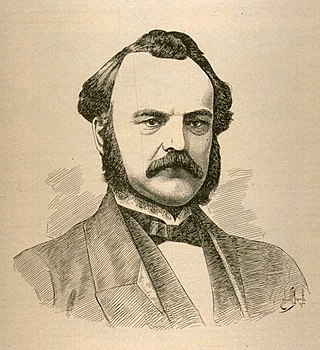
Antoine Gérin-Lajoie was a Québécois Canadian lawyer, poet and novelist.
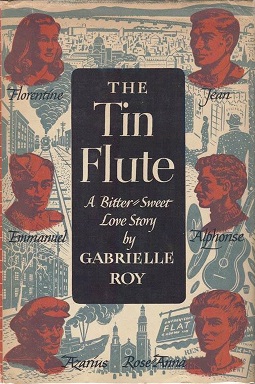
The Tin Flute is the first novel by Canadian author Gabrielle Roy and a classic of Canadian fiction. Imbued with Roy's brand of compassion and understanding, this story focuses on a family in the Saint-Henri slums of Montreal, its struggles to overcome poverty and ignorance, and its search for love.

The French term pure laine, refers to Québécois people of full French Canadian ancestry, meaning those descended from the original settlers of New France who arrived during the 17th and 18th centuries. Terms with a similar meaning include de souche and old stock as in "Old Stock Canadians".

Germaine Guèvremont, born Grignon was a Canadian writer, who was a prominent figure in Quebec literature.
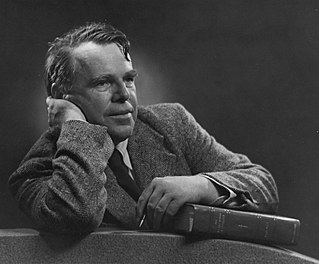
Claude-Henri Grignon, OC, FRSC was a French-Canadian novelist, journalist and politician, best known for his 1933 novel Un Homme et son péché.
Les Belles Histoires des pays d'en haut is a Canadian television drama series, which aired on Radio-Canada from October 8, 1956, to June 1, 1970. One of the longest-running programs in the history of Canadian television, the series produced 495 episodes during its 14-year run and was one of the first influential téléromans.
Québécois are people associated with Quebec. The term is most often used in reference to either descendants of the French settlers in Quebec or people of any ethnicity who live and trace their origins in the province of Quebec.
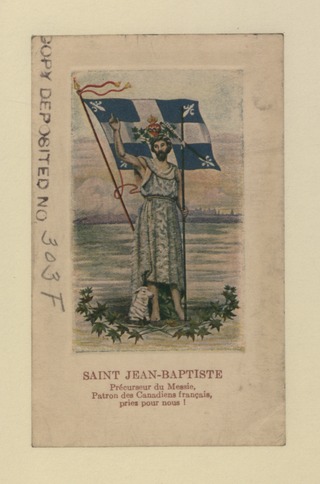
Clerico-Nationalism was a right-wing ideology current in Quebec from the years after World War I until the end of the 1950s, from the premiership of Maurice Duplessis until the Quiet Revolution. Clerico-nationalism was a traditionalist, religious form of French Canadian nationalism focused on the Roman Catholic Church. In France, a similar ideology was referred to as National Catholicism.
Thirty Acres is a novel by Canadian writer Philippe Panneton, published under the pen name Ringuet. First published in French in 1938, it was published in an English translation in 1940 and won the Governor General's Award for Fiction at the 1940 Governor General's Awards. It is considered one of the most important works in Quebec literature, and one of the most important exemplars of the roman du terroir genre.
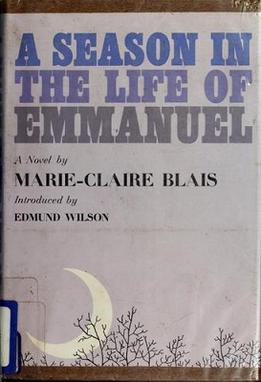
A Season in the Life of Emmanuel is a French Canadian novel by Marie-Claire Blais, published in 1965.
Agnes Martine "Bella" Ouellette was a Canadian Québécoise actor who worked mainly in theatre and radio in Montreal, Quebec, Canada.
The Mills of Power is a Canadian television miniseries, directed by Claude Fournier. A historical drama, the film centres on the historical phenomenon of French Canadians who emigrated to New England for work opportunities, tracing their gradual loss of socioeconomic status, political power and cultural identity through the story of a community of French Canadian Americans in Woonsocket, Rhode Island. The story is centred mainly on three families: the working class Lamberts, who worked in the dying textile mills and clung strongly to their Québécois heritage; the more middle-class Fontaines, who integrated more successfully into mainstream American life; and the wealthy Roussels, an industrialist family from France who owned the mills and exploited the Québécois immigrants.

Claude Jasmin was a Canadian journalist, broadcaster, and writer from Quebec.

Damase Potvin was a writer and journalist born in Bagotville. He is the son of Charles Potvin and Julie Hudon.
References
- ↑ Desbiens, Caroline (2013). Power from the North: Territory, Identity, and the Culture of Hydroelectricity in Quebec. pp. 94–5. ISBN 9780774824187.
- ↑ Desbiens, Caroline (2013). Power from the North: Territory, Identity, and the Culture of Hydroelectricity in Quebec. p. 94. ISBN 9780774824187.
- ↑ Fowler, Catherine (2006). Representing the Rural: Space, Place, and Identity in Films about the Land. Wayne State University Press. p. 63. ISBN 9780814335628.
- ↑ Perron, Paul (2003). Narratology and Text: Subjectivity and Identity in New France and Québécois Literature. University of Toronto Press. p. 152. ISBN 9780802036889.
- ↑ William H. New, The Encyclopedia of Literature in Canada. ISBN 0-8020-0761-9.
- ↑ Corcoran. The Cambridge Introduction to Francophone Literature. Cambridge University Press. p. 167. ISBN 9781139465748.
- ↑ Claude-Henri Grignon at The Canadian Encyclopedia.